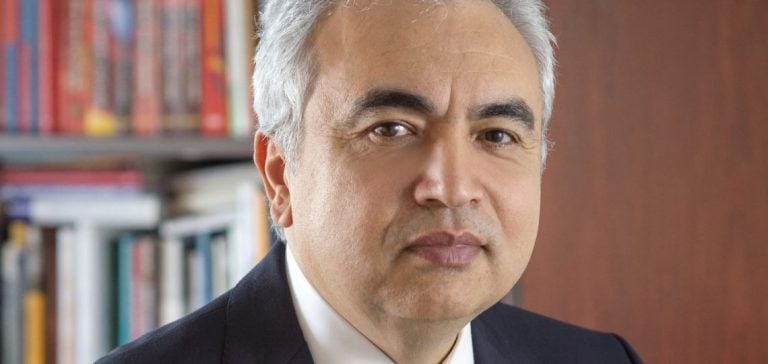The escalation of tensions between Israel and Iran has not, to date, disrupted oil supplies, according to the International Energy Agency (IEA). The agency states that the market remains “sufficiently supplied” to handle potential future crises.
Several factors contribute to this stability. Among them, the recent resolution of a political conflict in Libya, which had temporarily halved the country’s oil exports, as well as relatively modest production losses caused by hurricanes in the United States. Additionally, global demand remains low, which helps maintain a balance in the market.
Market Reactions to Oil Prices
Despite these assurances, oil prices remain volatile. After dipping below $70 a barrel in September, the price of Brent crude rebounded to close above $80 a barrel on October 7, driven by fears of an Israeli attack on Iranian oil infrastructure. However, on Tuesday morning, the price fell by 5% following reports that Israel might not target these infrastructures, influenced by the IEA report and that of OPEC+ (Organization of the Petroleum Exporting Countries and its Allies).
IEA’s Forecasts and Preparations
The IEA emphasizes that, for now, the oil exports from Iran and neighboring countries are unaffected, but the market remains vigilant regarding the evolving crisis. The agency is prepared to intervene if a major supply disruption occurs, taking collective actions similar to those implemented in 2022 at the onset of the war in Ukraine.
Global oil stocks remain significant, allowing the market to manage considerable surpluses expected for 2025. The IEA predicts that, barring major disruptions, the oil market will face a production surplus.
Impact of Global Demand
Global oil demand is expected to increase by just under 900,000 barrels per day in 2024 and by about 1 million barrels per day in 2025, representing growth that is significantly lower than the 2 million barrels per day observed in 2023. This decline in demand is partly due to the economic weakening in China, which is turning towards electric vehicles, thus reducing its oil consumption.
IEA’s Response to Market Fluctuations
Last week, IEA Executive Director Fatih Birol expressed his expectation of “reasonable oil prices” in light of these developments. The agency, established in 1974 by the Organization for Economic Cooperation and Development (OECD) following the oil crisis, continues to play a key role in monitoring and regulating the global energy market.
Future Perspectives
As geopolitical tensions persist, the IEA remains vigilant about future developments. The organization forecasts that as long as supply continues to flow and major disruptions are avoided, the oil market can absorb fluctuations without a major crisis. However, it remains ready to intervene collectively to ensure supply stability if necessary.





















